
The viewpoints of women from a country that no longer exists preserved on low-band U-matic tape. GDR-FRG. Courageous, self-confident and emancipated: female industry workers talk about gaining autonomy.
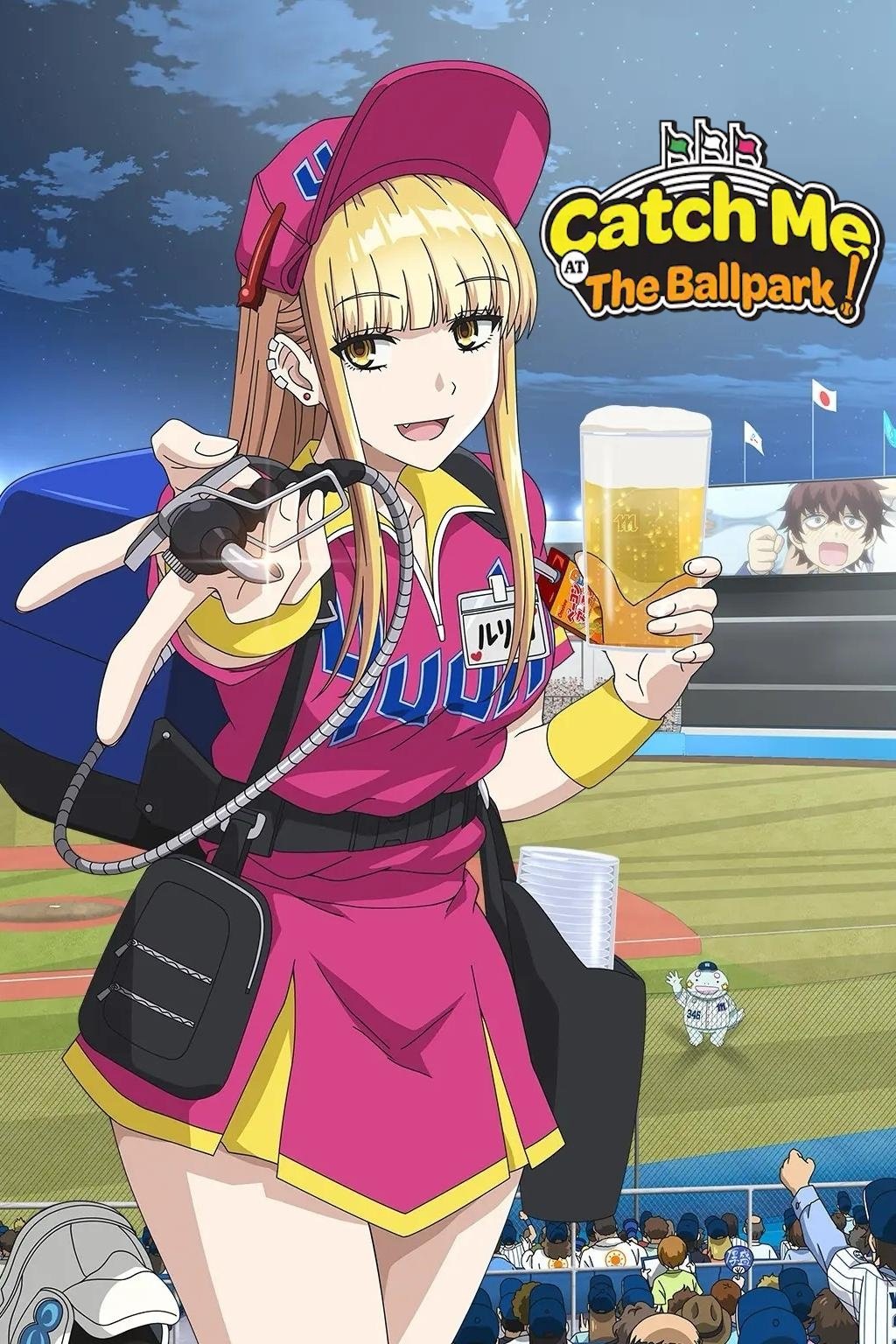
To escape his tiring job, weary Murata finds escape at a nearby baseball stadium. While the games are thrilling, it’s Ruriko, the gyaru as cold as the beer she serves but secretly a sweetheart, who keeps him coming back. As her first regular, Murata discovers the warmth behind her frosty demeanor, and their hilarious, heartwarming encounters light up the ballpark and maybe even their hearts.

Departing from peripheral details of some paintings of the Bilbao Fine Arts Museum, a female narrator unravels several stories related to the economic, social and psychological conditions of past and current artists.

The series is based on the manga Tokusatsu Gagaga, a comedy manga by Tanba Niwa. Tokusatsu Gagaga series follows Kano Nakamura, an office lady played by Fuka Koshiba, who is secretly a tokusatsu otaku, a toku-ota. She lives her life by the code of tokusatsu heroes and often envisions herself as one as a means to make it through her daily struggles.
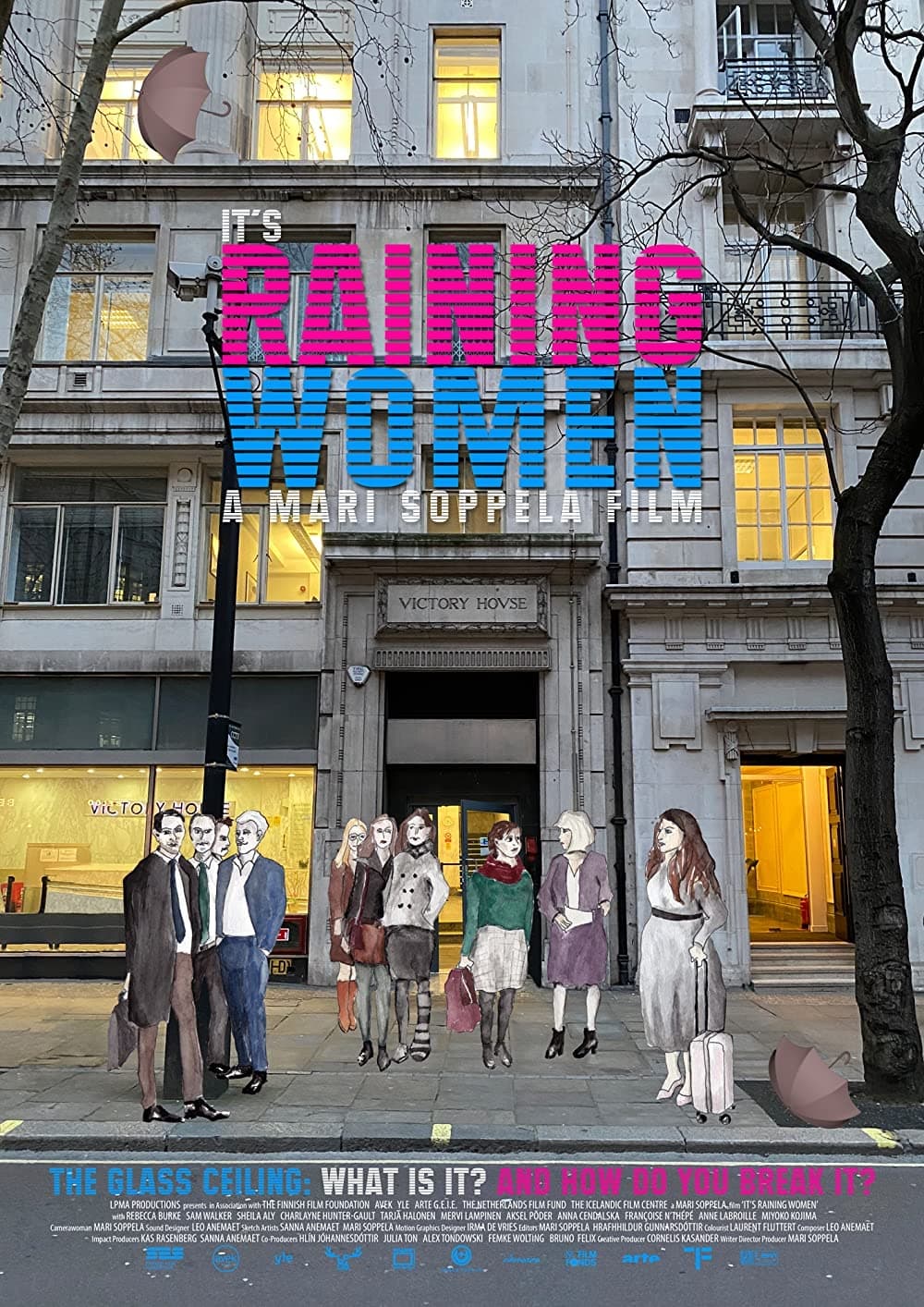
The documentary by Mari Soppela focuses on glass ceilings, a metaphor for the invisible borders between men and women in work life. Talk about glass ceilings is usually associated with women’s opportunities to advance to well paid managerial positions, but the documentary connects itself more broadly to the structural problems of work life from women’s perspective. Glass ceilings are long trials about equal pay, having to continually prove one’s skills, and 85-cent euros. The topic cannot be handled without intersectional crossings: what are invisible glass ceilings for some, are solid concrete for others.
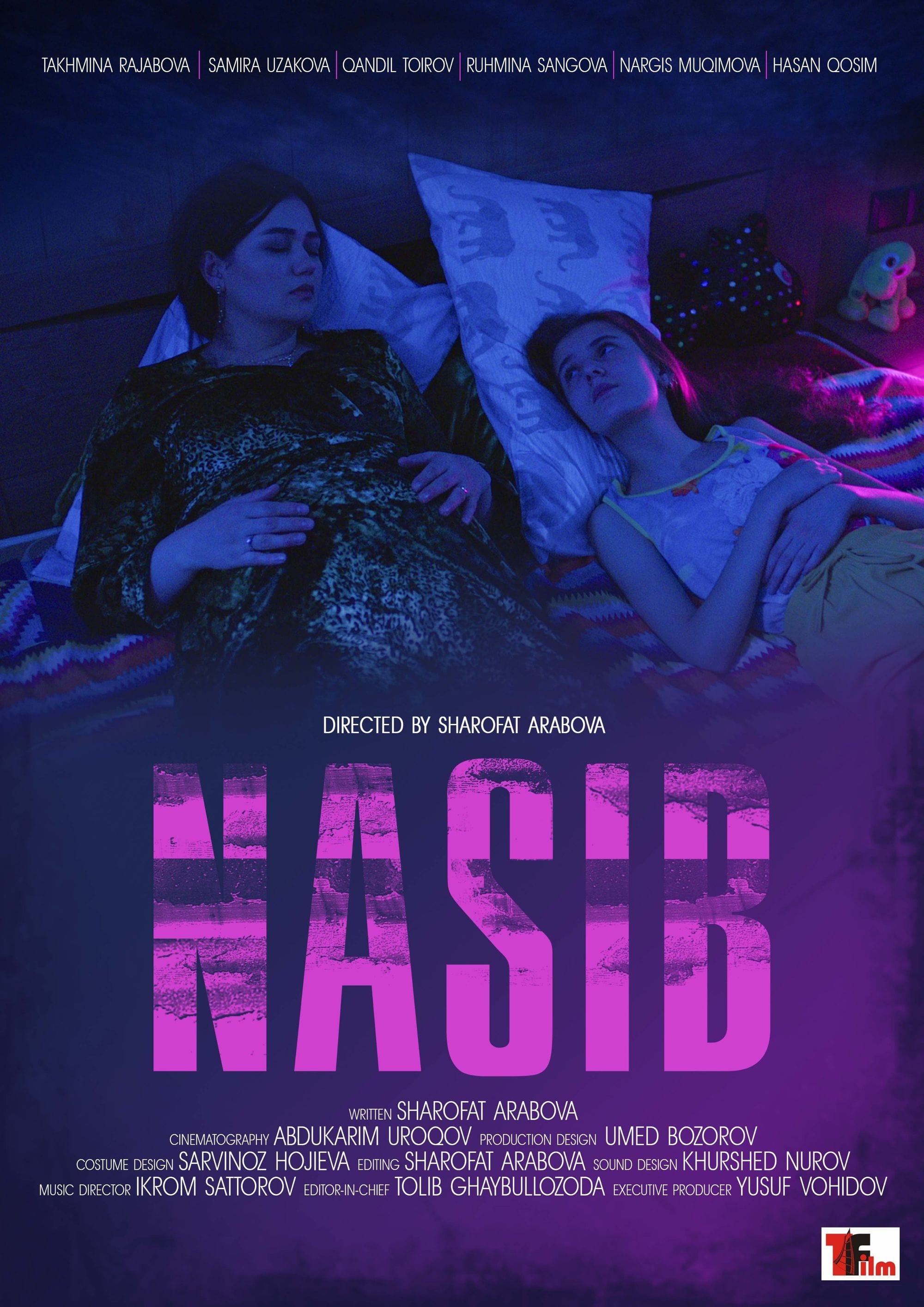
Anora, a Tajik teenage girl, experiences the coming of age. Due to the ambiguity related to her absent father, the closed borders caused by the pandemic, and the fear of uncertainty, Anora has to grow up in the course of a night.
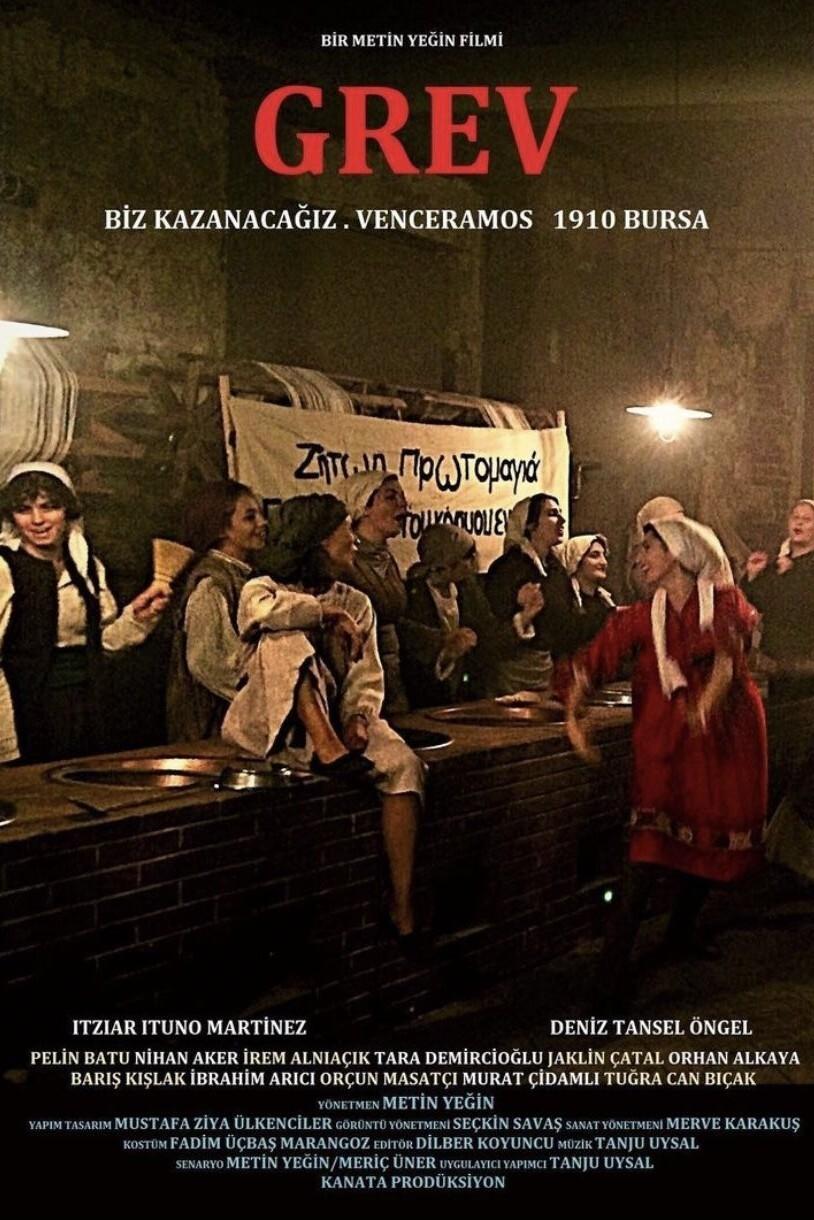
In 1910, women working in the silk industry in Bursa, protest against the working conditions. They go on strike.

Three women share their experience of navigating the app-world in the metro city. The sharings reveal gendered battles as platform workers and the tiresome reality of gig-workers' identities against the absent bosses, masked behind their apps. Filmed in the streets of New Delhi, the protagonists share about their door-to-door gigs, the surveillance at their workplaces and the absence of accountability in the urban landscape.
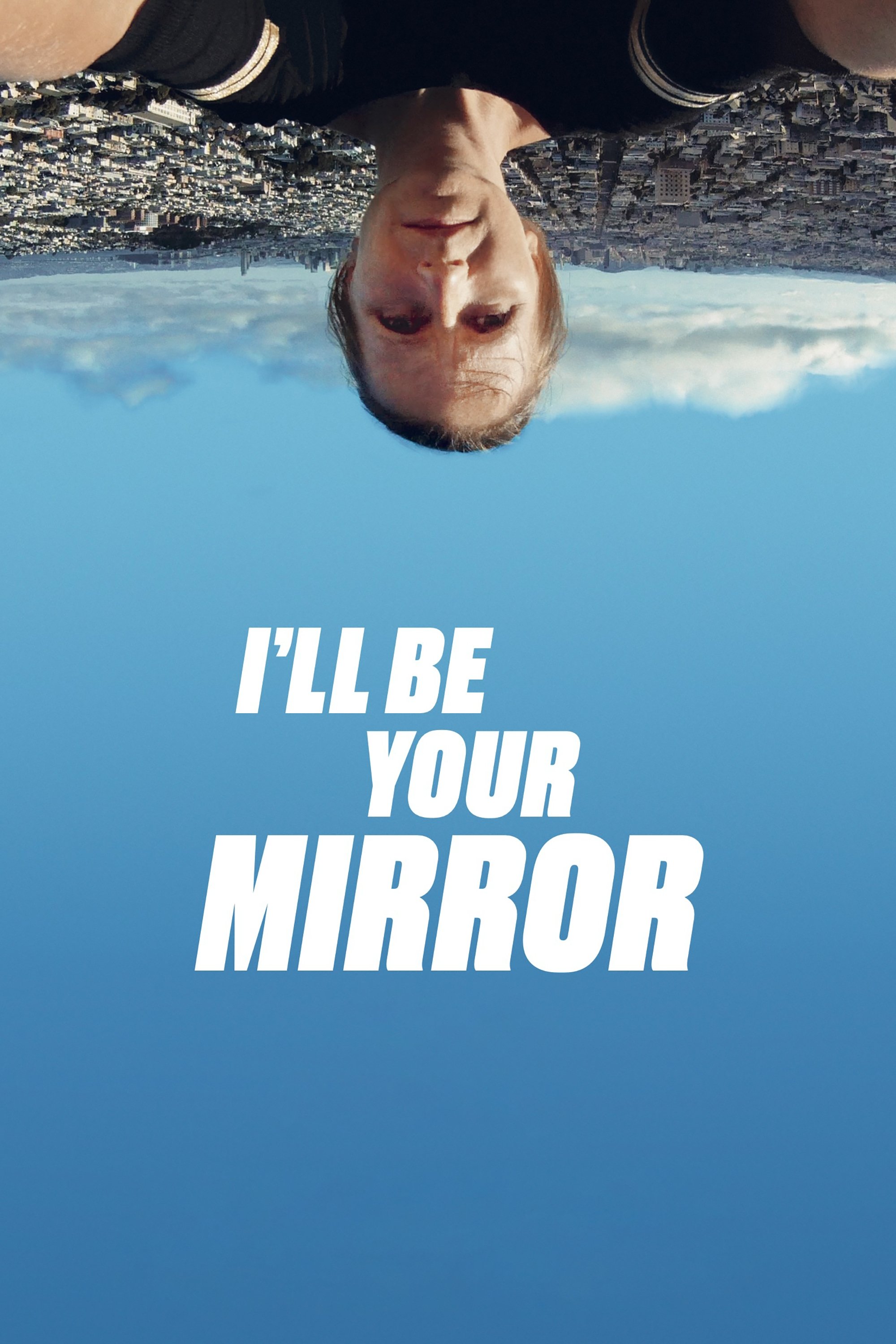
The artist Johanna Faust is about to leave her children to finally devote herself to her art again. A vague memory comes to her mind: Didn't her grandmother do the same thing, with terrible consequences? The intimate road movie tells of lost mothers and abandoned children, of the temptations and the price of self-fulfilment, of the abysses of motherhood and of the deep longing for another life.

An unusual, real-world romance involving relatable people, with one catch - there are three of them! You Me Her infuses the sensibilities of a smart, grounded indie rom-com with a distinctive twist: one of the two parties just happens to be a suburban married couple.
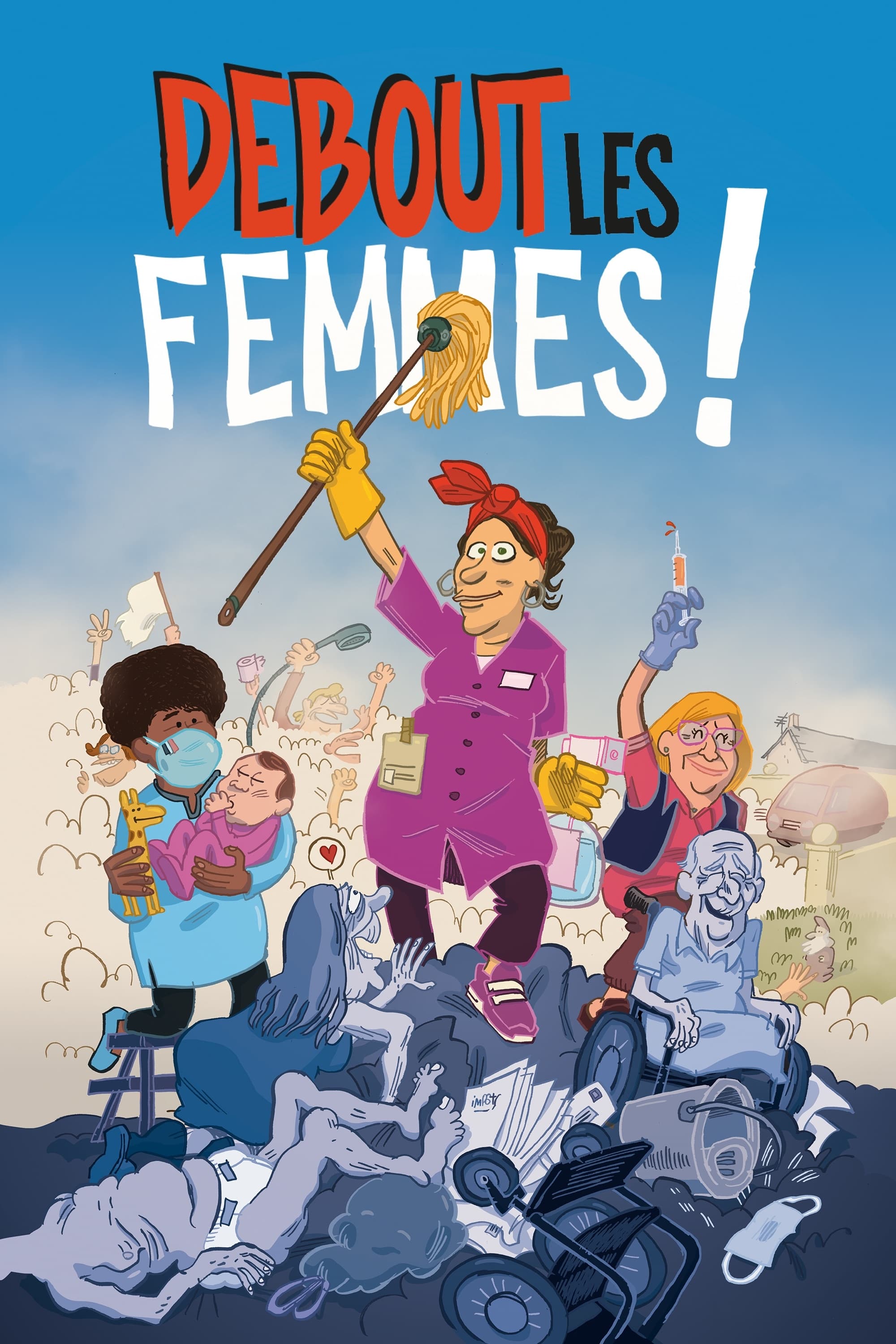
Since the cult success of Merci Patron!, activist/journalist/filmmaker François Ruffin has become an MP. Here, he attempts to table a law aimed at upholding the rights of what in Quebec are known as caregivers, and shows us in passing how a law whose need seems patently obvious is put together, debated, voted on and . . . dies on the battleground of French politics. A stirring documentary about social injustice that somehow manages to make us bust a gut laughing as we rage with indignation. And also cry at the beauty of it all, thanks to the director’s humanist sensibility and a deft play between reality and fiction.
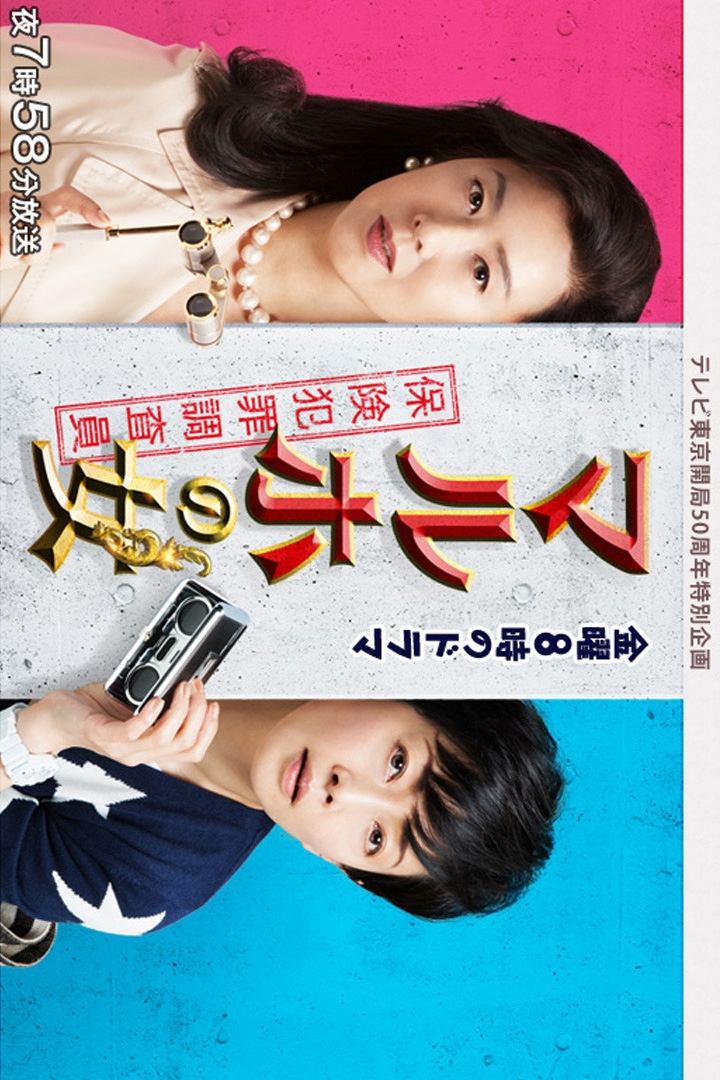
Kashiwagi Natsuko, who has stayed in the US for a long time, is a new investigator of Adjust Research, an insurance investigation firm. She possesses scientific genius and vast personal wealth, but has a tendency to feel out of place in Japanese society which is overly logical. On the other hand, Tono Aki is a veteran investigator in the same company. Born in the old part of Tokyo and a former delinquent, she is rather stingy because she lived in poverty when she was growing up. However, she has superb memory and animal instincts. Natsuko and Aki make an odd combination as they confront ingenious crimes associated with insurance money and expose the truth.
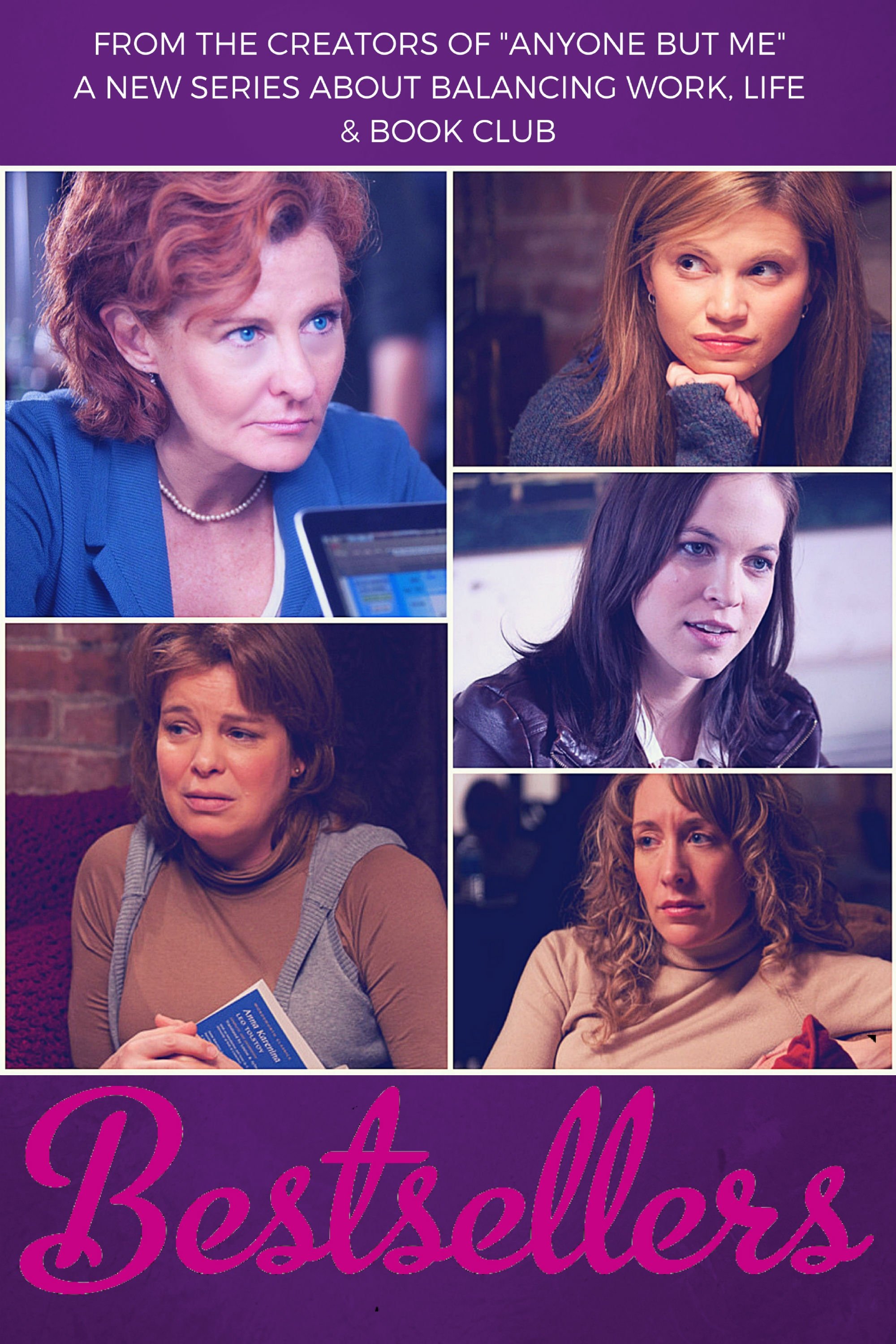
From the creative team behind Anyone But Me, a comedy series about five modern professional women balancing life, career and book club.

The lives, loves and highs and lows of four members of the Women's Land Army working at the Hoxley Estate during World War II.
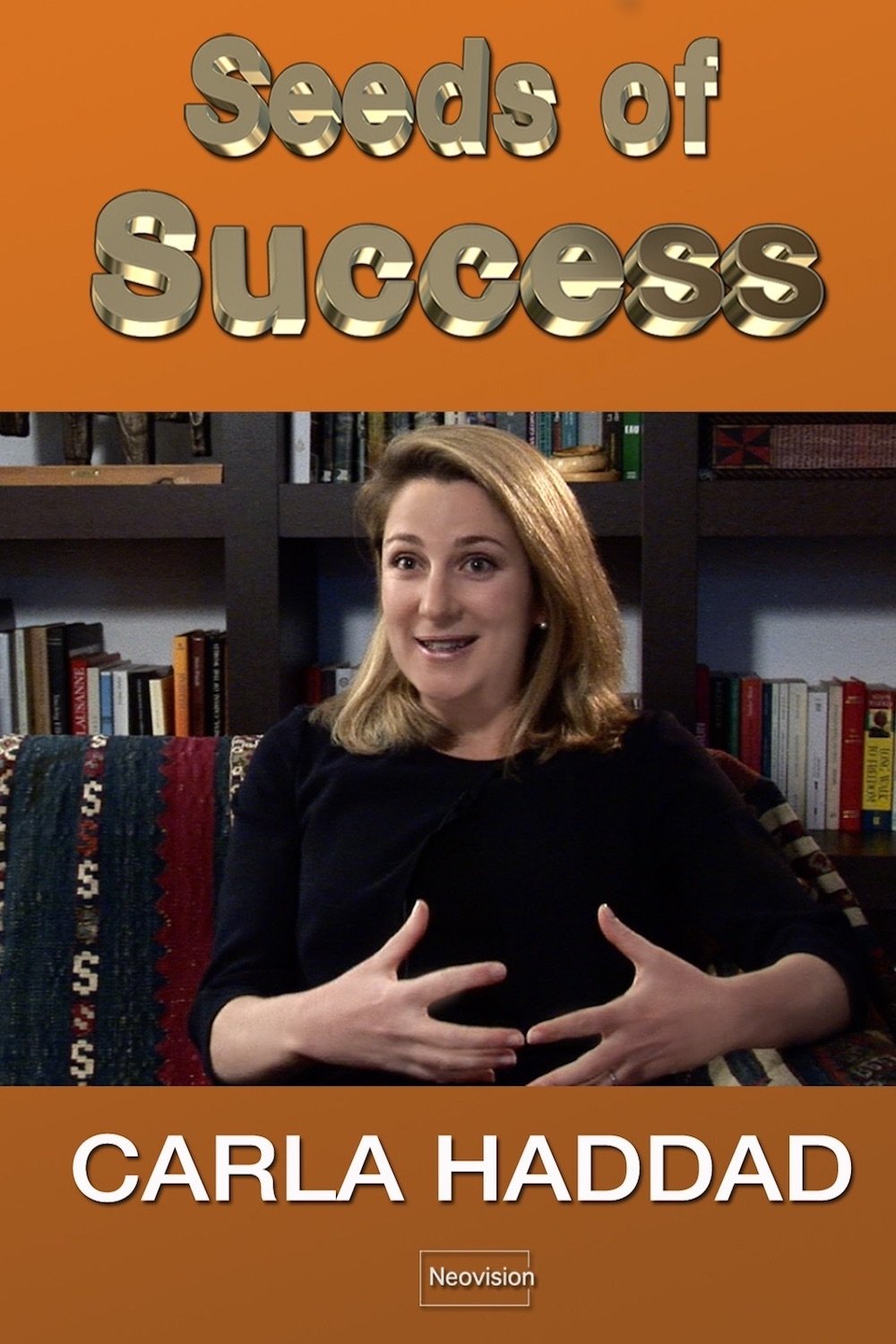
Carla Haddad Mardini was born with bombs blasting at the worst period of the Lebanese Civil War. She embarked on a career in the humanitarian field where she experienced a meteoric rise, quickly holding leadership positions, first at the ICRC and now at UNICEF in New York. One of her greatest successes is to have overcome the challenges of combining harmonious family life with an intense professional career.
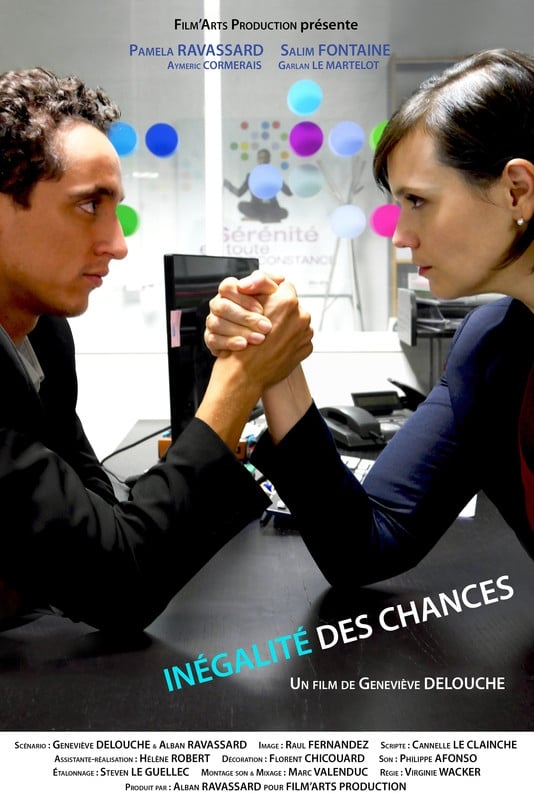
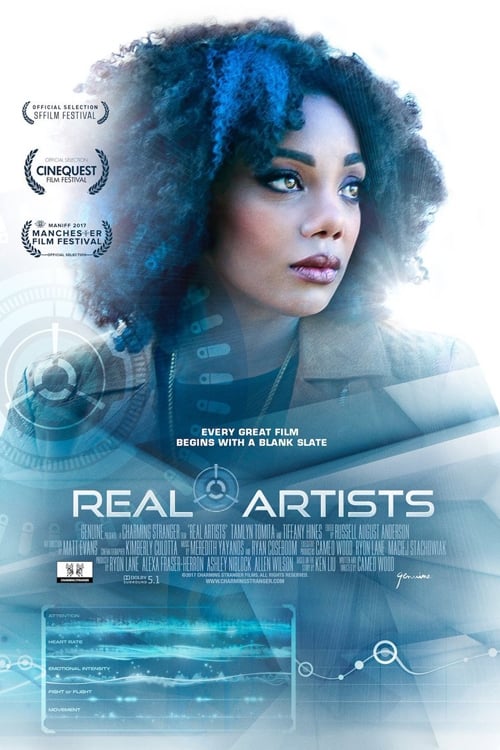
In the near future, a young animator is offered what should be her dream job, but, when she discovers the truth of the modern 'creative' process, she must make a hard choice about her passion for film.
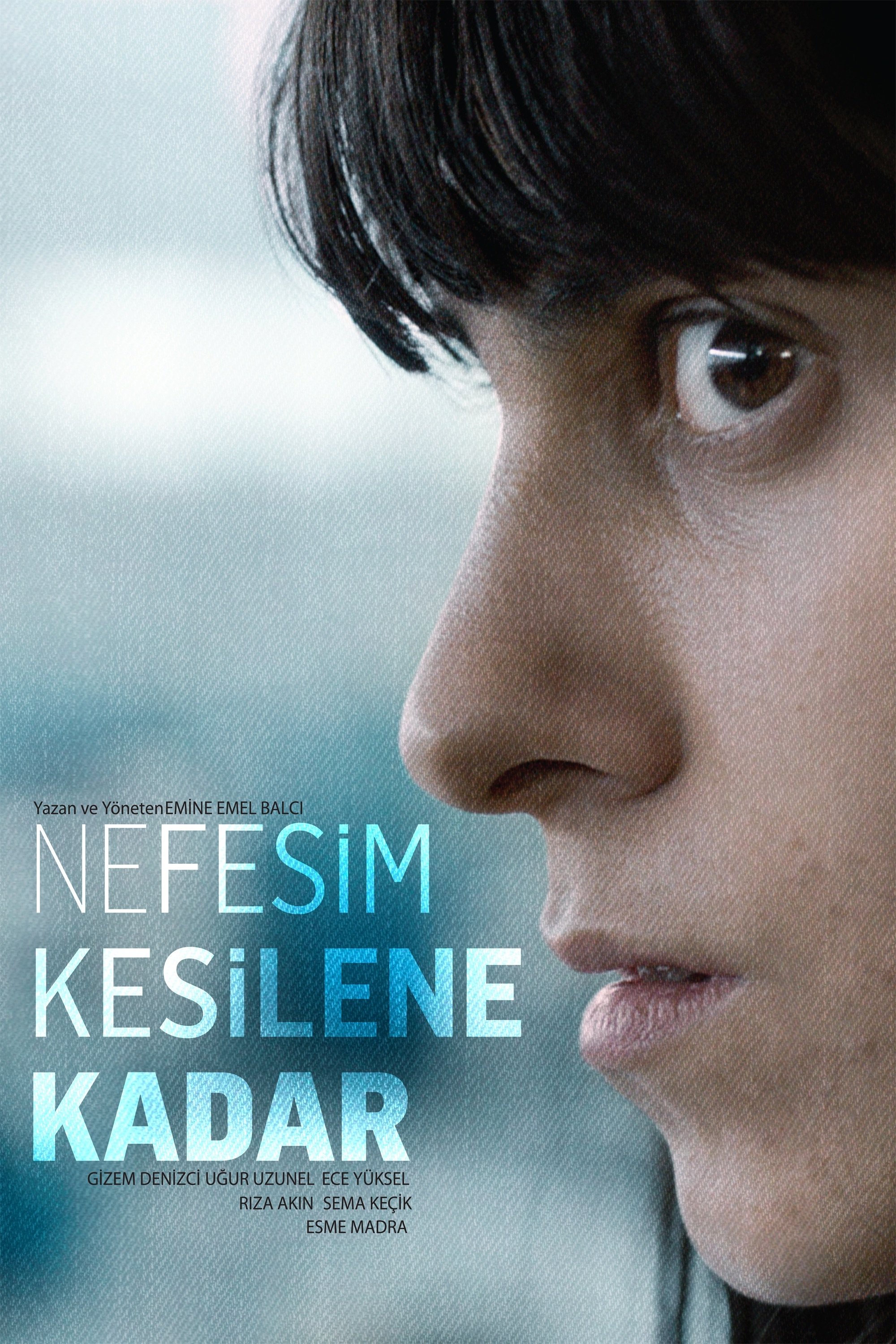
A young girl working in a textile workshop is desperately trying to save money to make her father quit his job and find an apartment together with her. But her father does not seem to be the person she wants him to be.
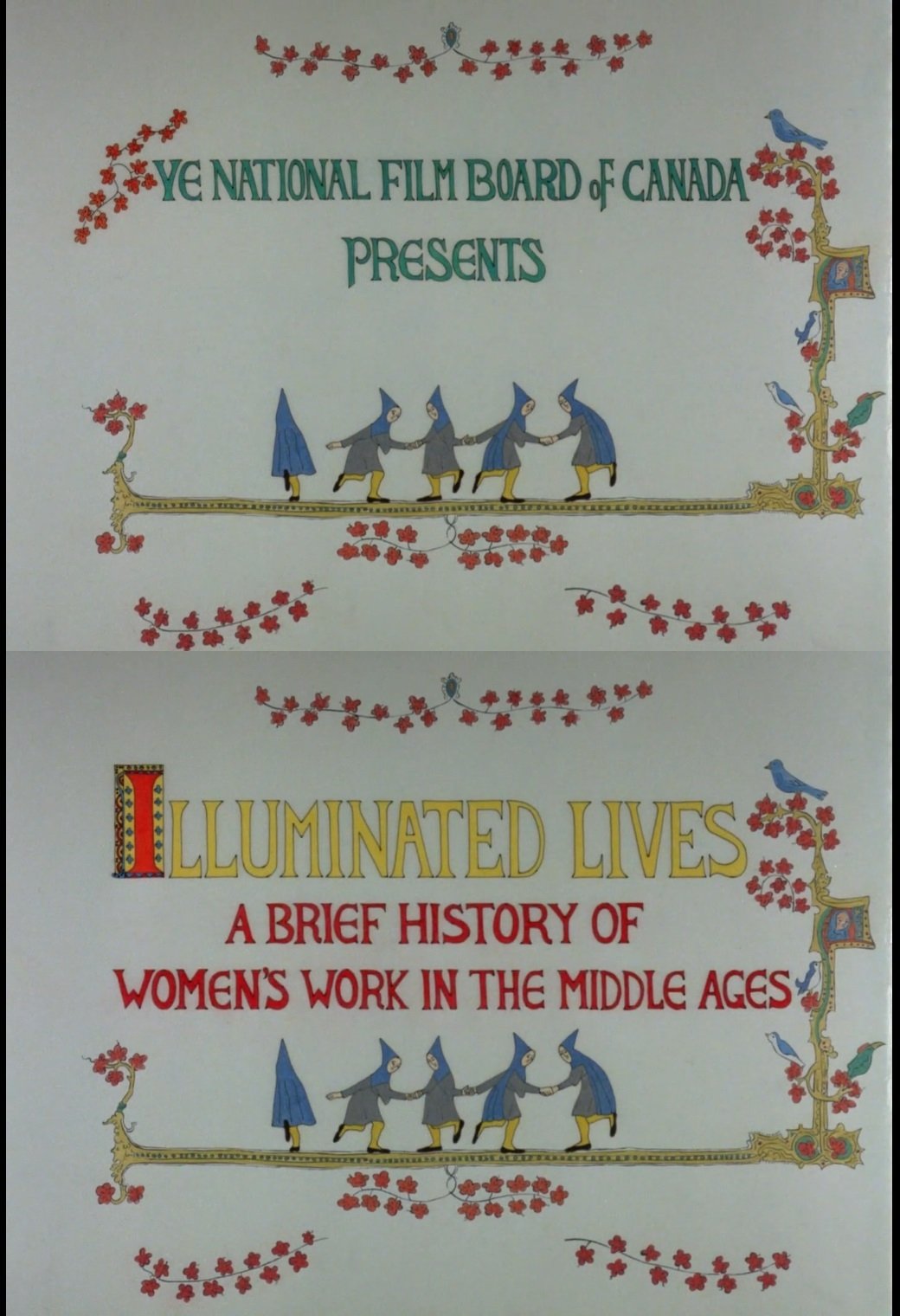
This animated short challenges enduring myths, spawned by fairy tales and romances, about women in medieval society. It explores the differences and similarities between that distant period and our own, and shows what medieval women’s lives were really like.
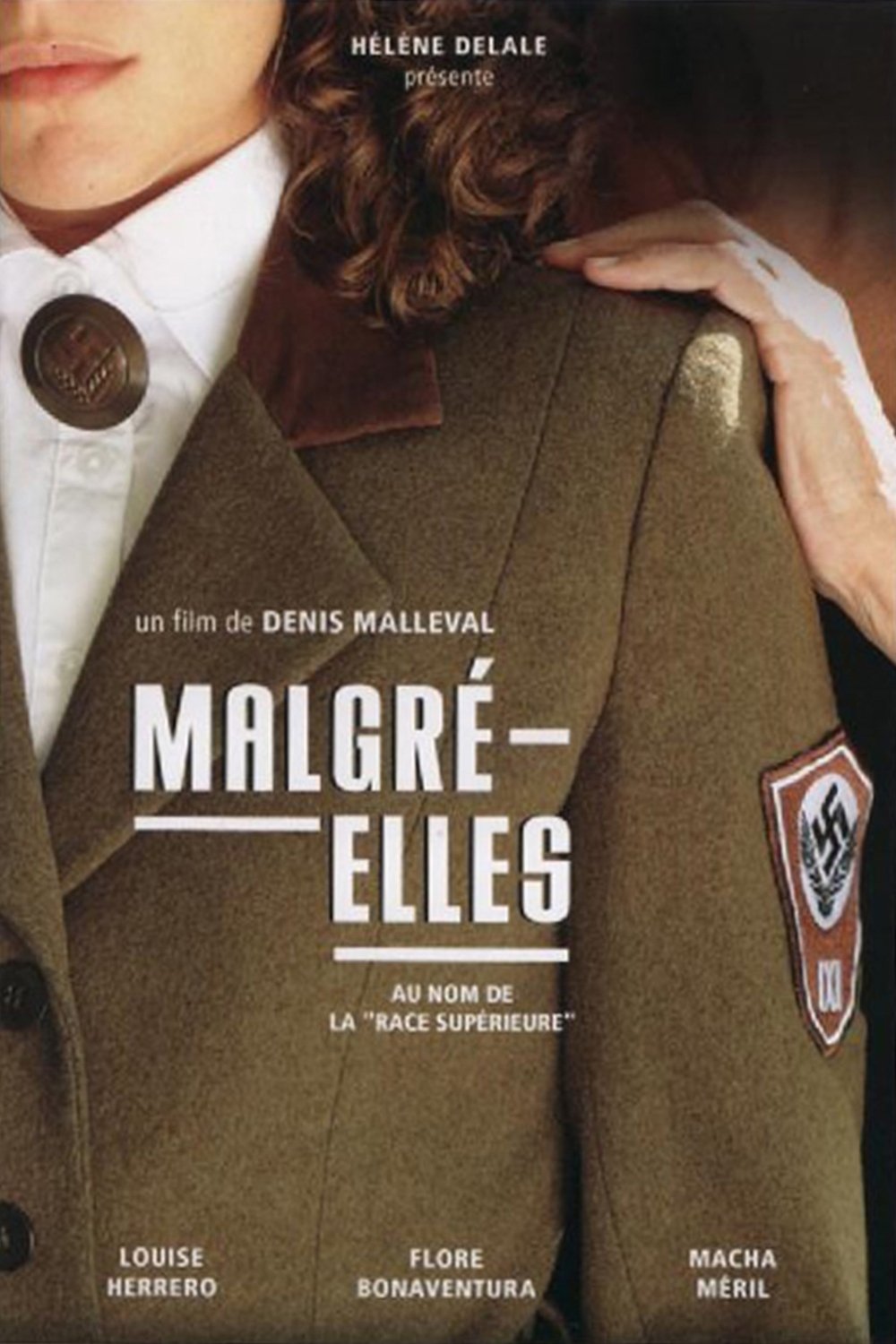
Two beautiful and different girls, Alice and Lisette are 17 years old, when forcibly removed from their Alsatian family to cooperate in the war effort in Germany. After spending six months in a indoctrination camp, they are both sent to a munitions factory where they are tasked to perform inhuman works. An explosion erupts, they are suspected of sabotage and threatened with being sent to a boot camp. Alice and Lisette believe they saved when transferred to a maternity where they continue living the hell of war.
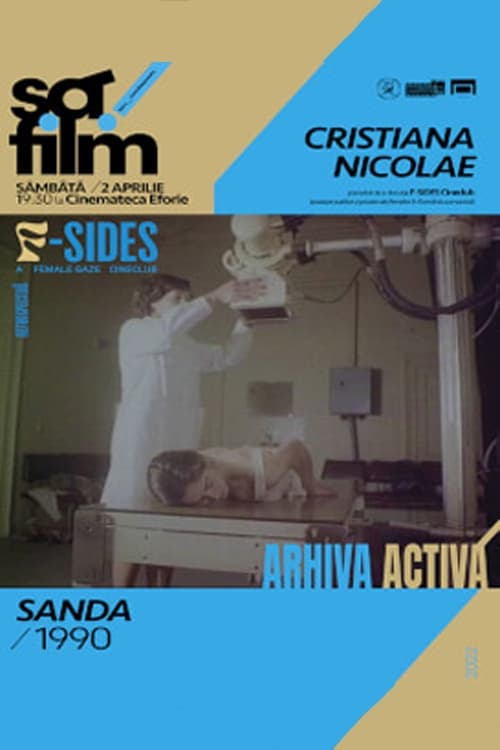
Sanda spends all her time working in a plastic factory, raising her two small children and catering to an indifferent husband, leaving little room for herself. A chance encounter with another man may offer her an escape from her daily chores.
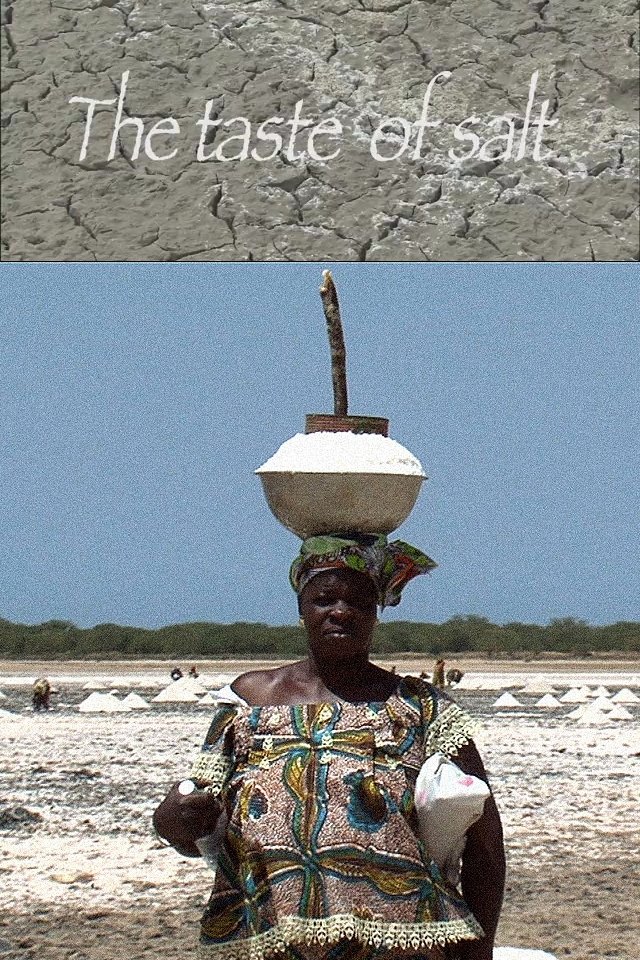
At Ngay Ngay, a village in northern Senegal, there are real natural evaporative basins in which depending on the year large or small quantities of sea salt dry out. Located 15 kilometres from Saint-Louis, the village is living around a complex community organisation: men divide the salt fields into plots, and women are those who harvest. In the end, the men receive a share of the crop, while women are those who took great pains over the harvesting.
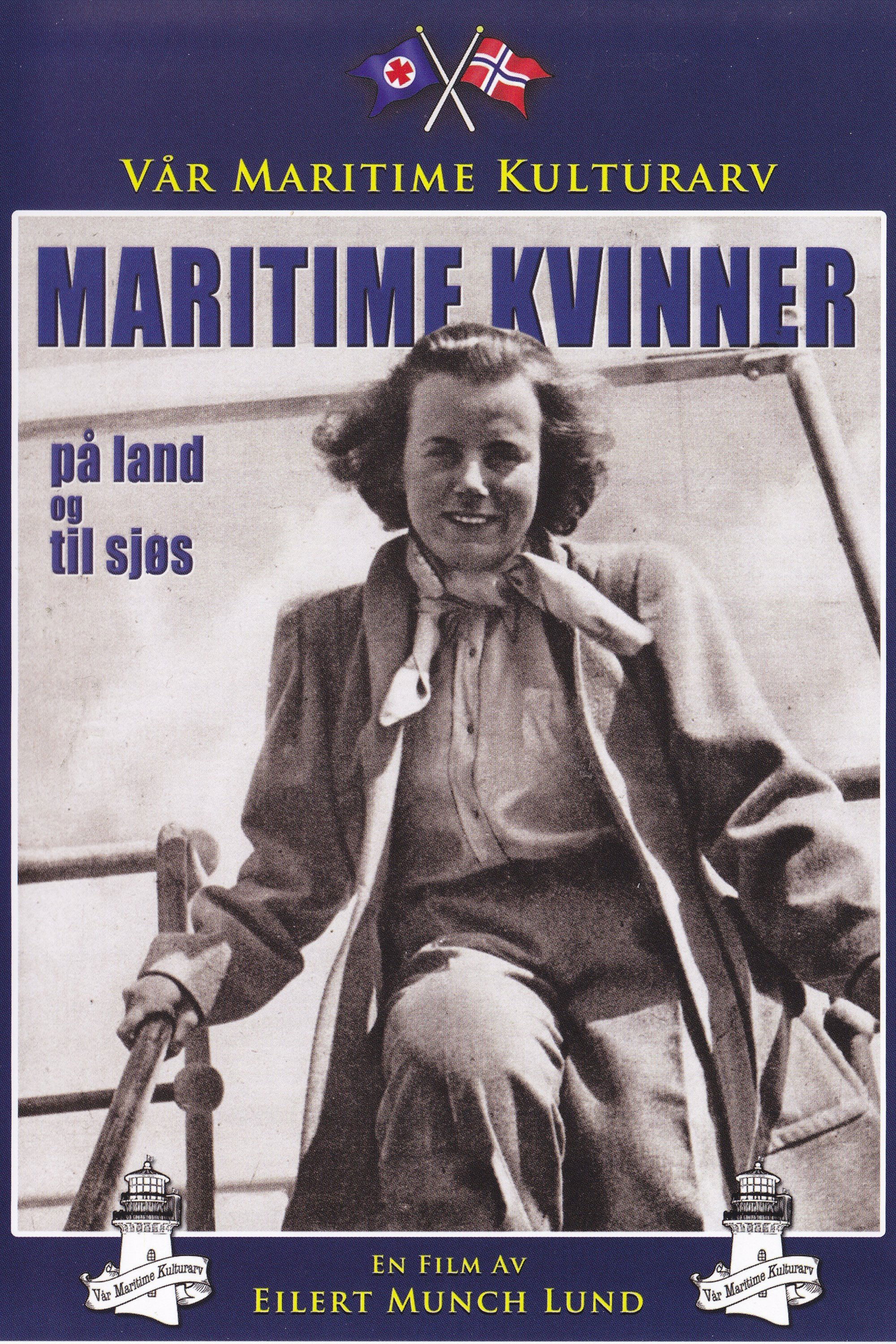
In this film, Hanne Krogh meets some of the women of the sea. From the Viking woman to the world's first and only submarine captain who is Norwegian.
By browsing this website, you accept our cookies policy.